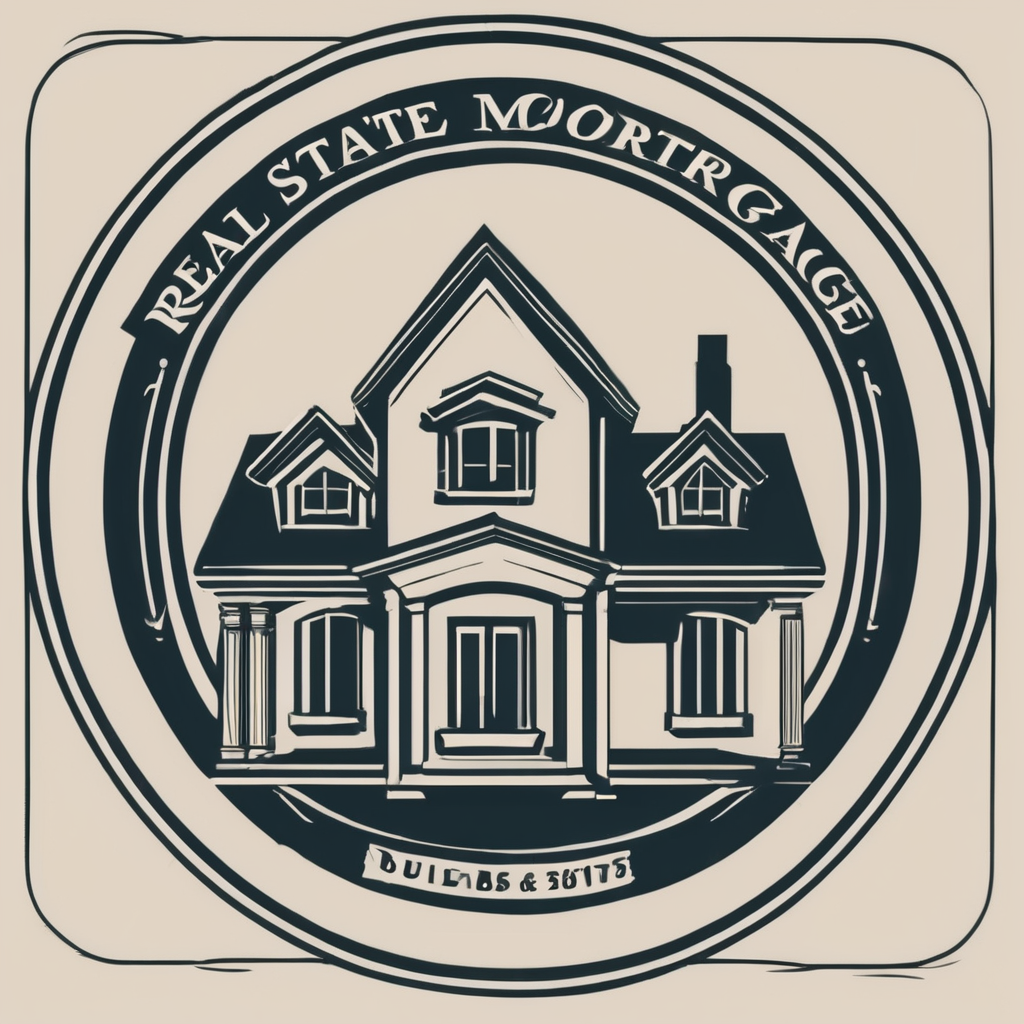In the fast-evolving landscape of the real estate industry, blockchain technology has emerged as a transformative force. This innovation promises to bring security and transparency to property transactions like never before. As property investors in the UK, you stand to benefit immensely from integrating blockchain into your investment strategies. In this article, we’ll delve into how blockchain technology can revolutionize the UK’s real estate market, making transactions more secure, transparent, and efficient. We’ll also explore smart contracts, tokenization, and other blockchain-based solutions that can help you maximize your investments.
Understanding Blockchain Technology in Real Estate
Before diving into the specifics, it’s crucial to understand what blockchain technology entails and how it applies to the real estate sector. Blockchain is a decentralized ledger that records transactions across multiple computers in such a way that the records cannot be altered retroactively. This provides a high level of security and eliminates the need for intermediaries, thereby streamlining processes.
En parallèle : What are the cost considerations for UK homeowners installing electric vehicle charging stations?
In the context of real estate, blockchain can be used to record property transactions, manage land registries, and even facilitate estate investments through tokenization. This technology real estate integration offers unparalleled transparency, as every transaction is recorded and easily verifiable. For UK property investors, this means reduced risk of fraud, lower transaction costs, and faster processing times.
The Role of Smart Contracts in Property Transactions
One of the most exciting applications of blockchain in real estate is the use of smart contracts. These are self-executing contracts with the terms of the agreement directly written into code. Smart contracts automatically execute and enforce the terms when predefined conditions are met, eliminating the need for a third party.
Cela peut vous intéresser : How to assess the financial viability of purchasing a UK property with a shared ownership scheme?
For example, a smart contract could be used to automate the payment process in a property sale. Once all conditions are met, the contract would automatically transfer funds from the buyer to the seller and update the land registry. This not only speeds up the transaction process but also ensures that all parties adhere to the agreed-upon terms, reducing the risk of disputes.
By leveraging smart contracts, UK property investors can make property transactions more efficient, secure, and transparent. The automation and immutability of these contracts eliminate many of the traditional pain points in real estate deals, such as lengthy paperwork and the risk of human error.
Tokenization: A New Frontier in Real Estate Investment
Another groundbreaking application of blockchain technology in real estate is tokenization. This involves converting real estate assets into digital tokens that can be bought and sold on a blockchain. These tokens represent fractional ownership of the property, allowing investors to buy and sell shares in real estate much like they would with stocks.
Tokenization opens up the real estate market to a broader range of investors, including those who may not have the capital to buy entire properties. It also provides liquidity to a traditionally illiquid market, as tokens can be traded 24/7 on blockchain-based platforms. For UK property investors, this means new opportunities for diversification and the potential for higher returns.
Moreover, estate tokenization can make property management more efficient. Each token can be programmed with specific rights and obligations, such as the payment of dividends or voting on major decisions. This can help streamline the management of large commercial real estate portfolios, making it easier to track ownership and distribute profits.
Enhancing Land Registry Systems with Blockchain
Land registry systems are a critical component of the real estate market, as they provide proof of ownership and record all property transactions. However, traditional land registry systems are often slow, cumbersome, and susceptible to fraud. Blockchain technology offers a solution to these issues by providing a secure, transparent, and immutable record of property ownership.
Several countries, including the UK, are already exploring the use of blockchain for land registry systems. By recording property transactions on a blockchain, land registries can ensure that all records are accurate, up-to-date, and easily verifiable. This can significantly reduce the risk of fraud and make it easier to resolve disputes over property ownership.
For UK property investors, a blockchain-based land registry system can provide greater confidence in the accuracy and security of ownership records. This can help you make more informed investment decisions and reduce the risk of costly legal disputes. Additionally, the increased transparency and efficiency of blockchain-based land registries can speed up the property transaction process, saving you time and money.
The Future of Blockchain in the Real Estate Market
The integration of blockchain technology into the real estate market is still in its early stages, but the potential benefits are immense. From secure and transparent property transactions to the tokenization of estate assets, blockchain offers a range of solutions that can transform the way you invest in real estate.
As more companies and governments adopt blockchain technology, we can expect to see further innovations that make real estate investment more accessible, efficient, and secure. For UK property investors, staying informed about these developments and exploring how blockchain can enhance your investment strategies will be crucial.
In conclusion, blockchain technology has the potential to revolutionize the real estate industry, offering secure, transparent, and efficient solutions for property transactions. By leveraging smart contracts, estate tokenization, and blockchain-based land registry systems, you can unlock new opportunities and maximize your investments in the UK property market. As the technology continues to evolve, the real estate sector will undoubtedly become more accessible, efficient, and secure for investors like you.











